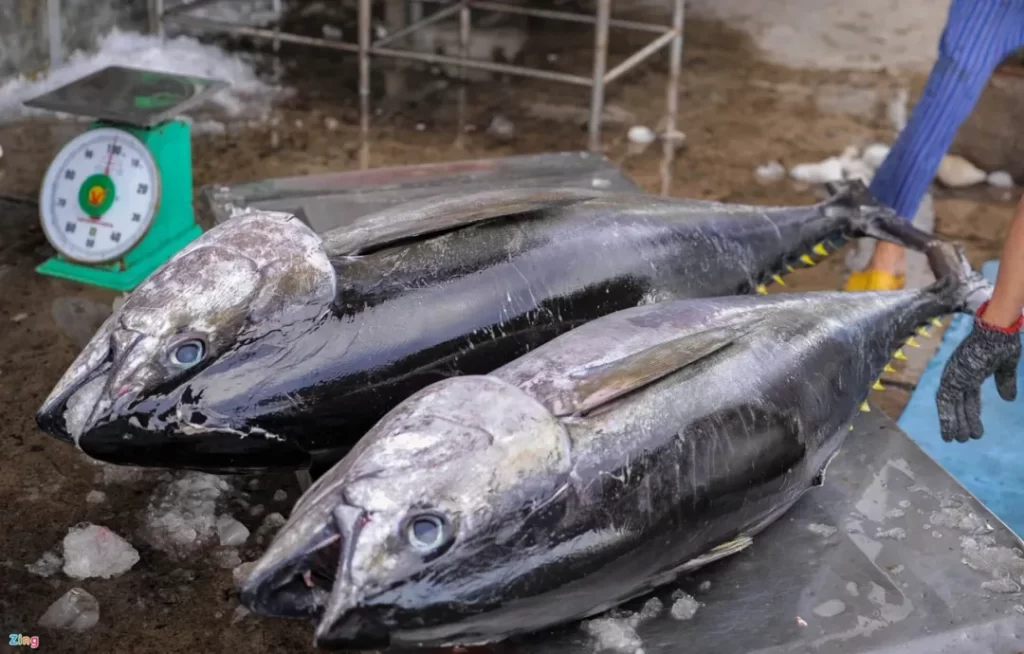Papua New Guinea’s Minister for Fisheries and Marine Resources, Jelta Wong, recently made a major announcement: “From now on, tuna caught in PNG waters will no longer be exported for overseas processing. All fish must be processed locally in PNG.”
Wong stated bluntly: “We must teach our people how to carry out downstream processing so that all products are completed in PNG, rather than sent to foreign factories. This is the direction that the National Fisheries Authority (NFA) is now pursuing.” His words are firm, but the implications are even more significant. For decades, tuna caught in PNG was shipped abroad for slicing, canning, and repackaging, with the bulk of profits going to foreign entities.
“Our goal is clear,” Wong continued. “We will no longer sell fish directly to foreign buyers for processing. We are now entering the second and third phases, which is to ensure that all tuna is processed within PNG.”
The government’s strategy is clear: use the Special Economic Zone (SEZ) policy to offer temporary tax exemptions to foreign investors, attracting them to build factories in PNG, bring in equipment and technology, and gradually train local talent. Wong emphasized that both safety and environmental protection must be guaranteed: “Locals must take care of investors, and in return, the investors will stimulate the economy and help the country prosper.”
He also noted that in July, the NFA signed a Memorandum of Understanding (MoU) with China and reached a strategic partnership with the Guangzhou Fisheries Chamber of Commerce. Under the agreement, PNG’s seafood products—whether frozen, fresh, or live—can directly enter Guangzhou’s cold-chain storage facilities. However, he stressed that this facility is for “other seafood products” and does not include tuna. In other words, tuna must be processed domestically.
Wong did not shy away from acknowledging past problems: “Foreign investors often took advantage of our people and resources in the past, but that will no longer happen. The new policy is in place.”
The core issue is that while fisheries are a domestic industry for PNG, processing has long relied on foreign investment. Wong explained: “It is only the processing stage where we lack technical expertise, which is why foreign investors are needed to build and operate factories, train local workers, and teach practical and management skills.” He was candid: PNG citizens should gradually learn to become factory managers, not just laborers.
Looking at the bigger picture, Wong also called on the Chinese government to consider signing a Free Trade Agreement (FTA) with PNG, making “fish” a pilot category for goods trade.
These remarks were made while announcing PNG’s sponsorship of K20,000 for the second Special Economic Zone Summit held in August. Clearly, his statements are not only industrial policy but also a signal for future international cooperation.
In short: tuna stays in PNG, the industrial chain must be developed locally, and as much profit as possible should remain in PNG.


